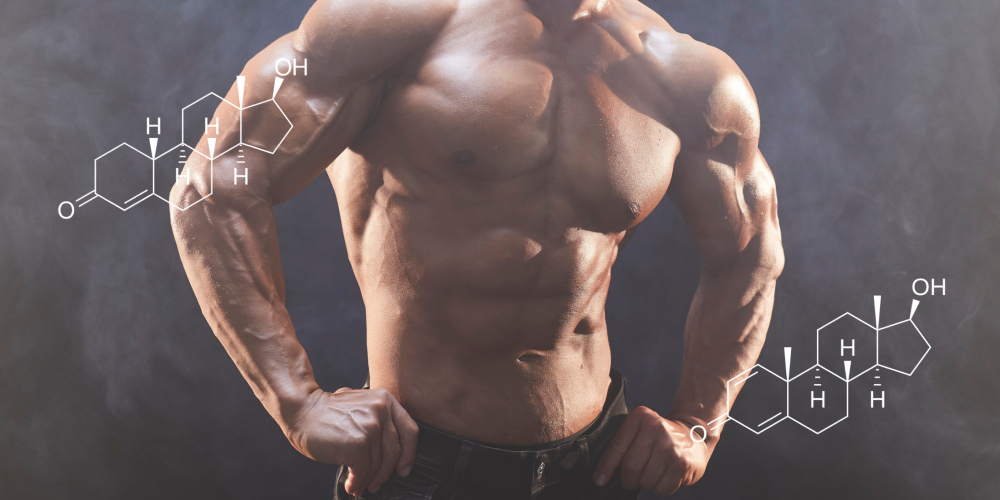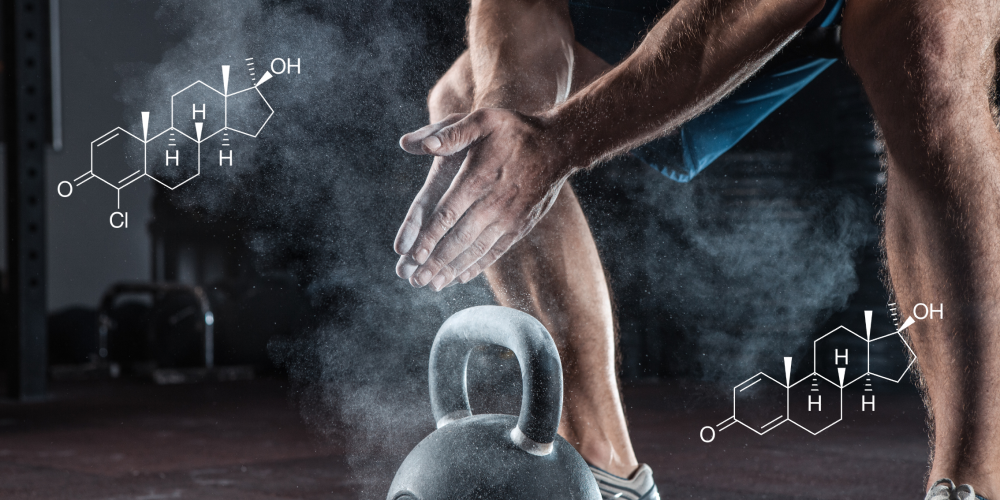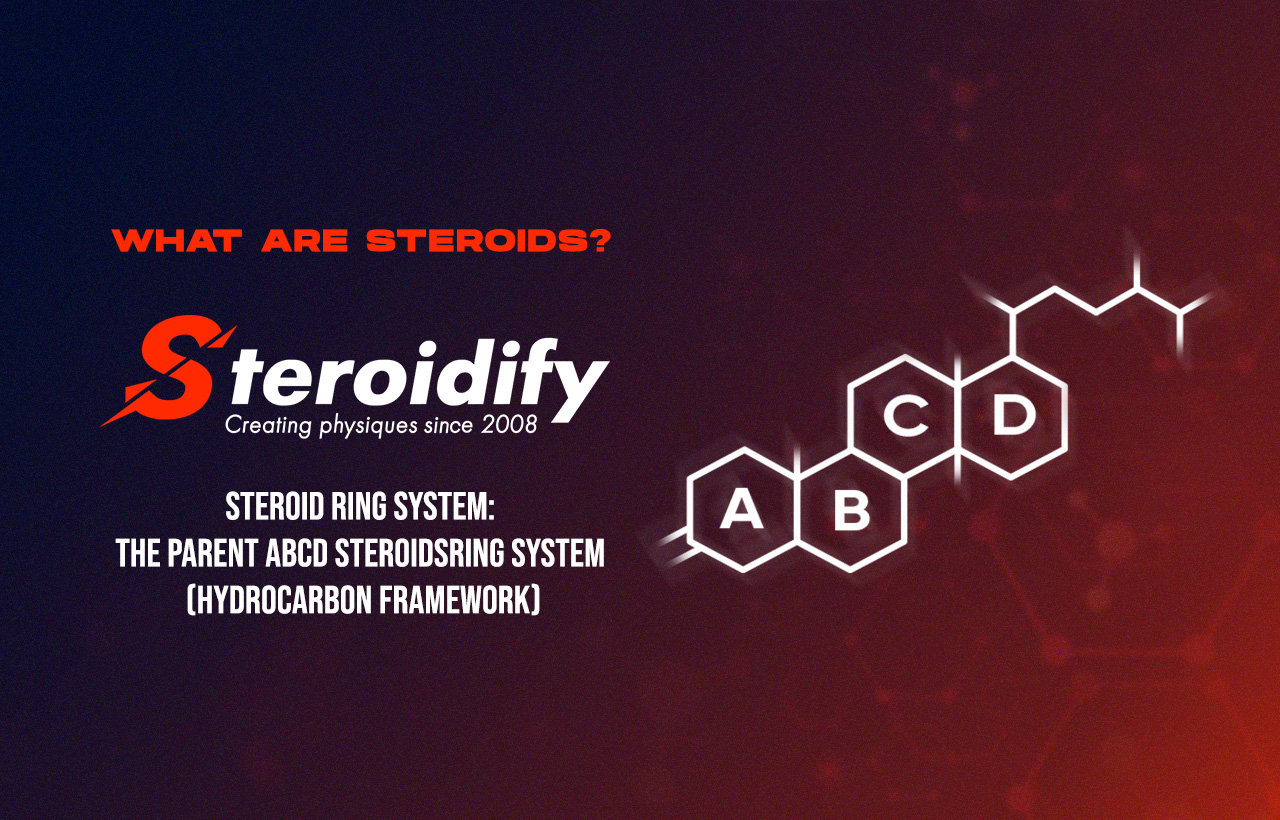Protein bioavailability: what is it and what are the best sources?
Protein intake is a major aspect of fitness and bodybuilding, playing a very important role in muscle growth, repair, and overall health. However, not all protein sources are made the same. The concept of protein bioavailability helps us identify which sources our bodies will effectively digest and use. Here’s a closer look at what bioavailability means and which proteins stand out for building muscle, optimizing recovery and overall health.
Protein bioavailability
Protein bioavailability measures how well our bodies digest and absorb protein and its amino acids, which are the building blocks of muscle. Three main factors influence this:
Digestibility
How efficiently the protein breaks down in the digestive system;
Amino acid profile
Whether it contains all nine essential amino acids in sufficient amounts;
Biological value (BV)
A metric of how effectively the absorbed protein is utilized by the body for growth and repair.
Quality of protein
To evaluate protein quality, scientists may use different metrics:
Biological value
A higher score means the protein is better utilized. For example, whey protein scores 104, while whole eggs score 100;
Protein digestibility-corrected amino acid score (PDCAAS)
This combines digestibility with amino acid completeness. Milk, eggs, and soy proteins score close to the maximum of 1.0;
Digestible indispensable amino acid score (DIAAS)
A newer and more precise measurement, focusing on individual amino acid digestibility. Animal proteins often score higher than plant-based proteins.
Animal proteins
Animal proteins are considered the gold standard for muscle building because they’re complete proteins, containing all essential amino acids. Here are the most common ones:
- Whey protein
BV: ~104 | PDCAAS: 1.0
Quick-digesting and packed with leucine, which triggers muscle protein synthesis
- Eggs
BV: 100 | PDCAAS: 1.0
A versatile and highly digestible source of complete protein
- Chicken and turkey
Lean, digestible, and rich in essential amino acids
- Pork
Can be a very lean and complete source of protein, rich in essential amino acids
- Fish (e.g., salmon, tuna)
High-quality protein plus omega-3 fatty acids, which support muscle recovery
- Dairy (e.g., milk, yogurt, cheese)
Combines fast-digesting whey and slow-digesting casein for sustained muscle repair
Plant proteins
Plant proteins often lack one or more essential amino acids, but combining different sources can create a complete amino acid profile. Look at the more popular options:
- Soy protein
BV: ~74 | PDCAAS: 1.0
The most complete plant protein, making it a top choice for vegans
- Pea protein
Rich in lysine and highly digestible, often used in vegan protein blends
- Quinoa
A rare plant source of complete protein, though it contains less total protein than animal sources
- Legumes (e.g., lentils, chickpeas)
Best paired with grains to form a complete protein
- Hemp protein
Offers essential fatty acids alongside protein, though slightly lower in lysine
New protein sources
New protein sources are also gaining attention for their bioavailability and sustainability:
- Insect protein
High in essential amino acids and environmentally friendly
- Fermented proteins
Fermentation improves digestibility and boosts nutrient absorption
How well your body absorbs protein
Several factors can influence how well your body absorbs and uses protein:
- Cooking methods
Overcooking can denature proteins, reducing digestibility. Opt for steaming or light cooking to preserve quality;
- Anti-nutrients in plants
Compounds like phytates in legumes can inhibit absorption. Soaking or fermenting plant-based foods can reduce these effects;
- Pairing foods
Combining plant-based proteins, like rice and beans, ensures a complete amino acid profile;
- Digestive health
A healthy gut enhances protein absorption. Probiotic-rich foods may help improve digestion.
Your ideal protein source
Your “ideal protein source” will depend on your dietary needs, fitness goals, and personal preferences, but here are some quick options:
- For rapid recovery
Whey protein is probably ideal for post-workout use
- For vegans
Soy or pea protein offers a reliable, complete amino acid profile
- For budget-friendly nutrition
Pork, chicken, eggs and legumes tend to be cheaper than beef and provide affordable, high-quality protein
- For sustainability
Consider plant-based or emerging proteins like insects to reduce your environmental impact
All in all, protein bioavailability can be a major factor in choosing the right sources for your diet. While animal-based proteins typically lead in bioavailability, plant-based options can meet your needs when properly combined. By understanding how different proteins work in your body, you can tailor your diet to maximize muscle growth, recovery, and overall health. Make informed choices, and let your protein work harder for you.









